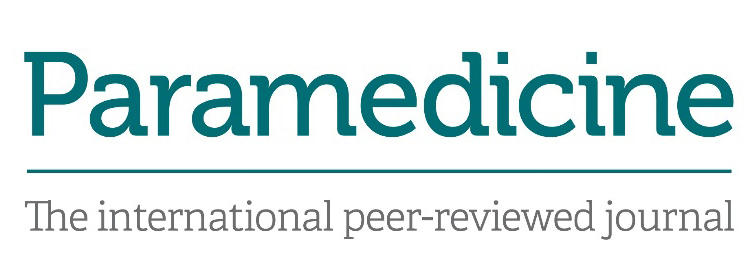|
Multiple Out-of-Hospital Cardiac Arrest Patient Events: A Case Series from a Provincial Cardiac Arrest Dataset Bacon, J., Zotzman, J., Lee, R., Boutet, M., Blanchard, IE. Introduction: Managing a cardiac arrest can be challenging, managing multiple out-of-hospital cardiac arrests (MOHCA) in a single event even more so. Present triaging systems may not provide guidance in these low-frequency high-stress calls. There are no known studies that describe the prevalence and characteristics of patients associated with MOHCA events in a ground ambulance setting. Objective: Describe MOHCA events from a provincial cardiac arrest dataset. Methods: MOHCA events were identified from two health zones (Calgary and Edmonton) in Alberta, Canada, with a combined population of approximately three million. Data were available from 2018 to 2021 describing all out-of-hospital cardiac arrest events. A unique event number is created when a 9-1-1 call is received, and a unique patient number when a patient care record is created. Case ascertainment included first identifying events with multiple patient numbers, then manual review to confirm a MOHCA. Descriptive analyses are provided. Results: There were 1,098,674 EMS events, 14,838 cardiac arrest events, and 25 MOHCA events. The prevalence of MOHCA events is <0.001% of all events, and 0.002% of cardiac arrest events. In 18 events all patients were obviously dead, and in seven resuscitation was attempted on at least one patient. These seven MOHCA events generated 16 patients, with five events generating two patients each, and two events generating three patients each. Two events occurred in 2018/19, and five events in 2020/21. None of the events were witnessed or had an AED applied, but three had bystander CPR. Event etiology included drug overdoses (five), smoke inhalation (one), and trauma (one). The mean (SD) age of patients was 44 (11) years with no patients under 25, and 11 (75%) male. Initial heart rhythm included nine (56%) asystole, two (13%) PEA, and two (13%) shockable. Three (19%) patients achieved field return of spontaneous circulation (ROSC) from two events. Six (38%) patients were transported to hospital from three events. Conclusions: MOHCA events are rare, the majority are due to drug overdose, one fifth of patients achieved field ROSC, and one third transport. Guidance for paramedics on managing these infrequent but demanding calls is needed but further research is required. |
Jennifer Bacon is an experienced EMS professional with 18 years in the field. She began her career in Peace River, Alberta, in 2007 and moved to Calgary in 2015 to gain urban care experience. In 2018, she shifted her focus to EMS science and research.




